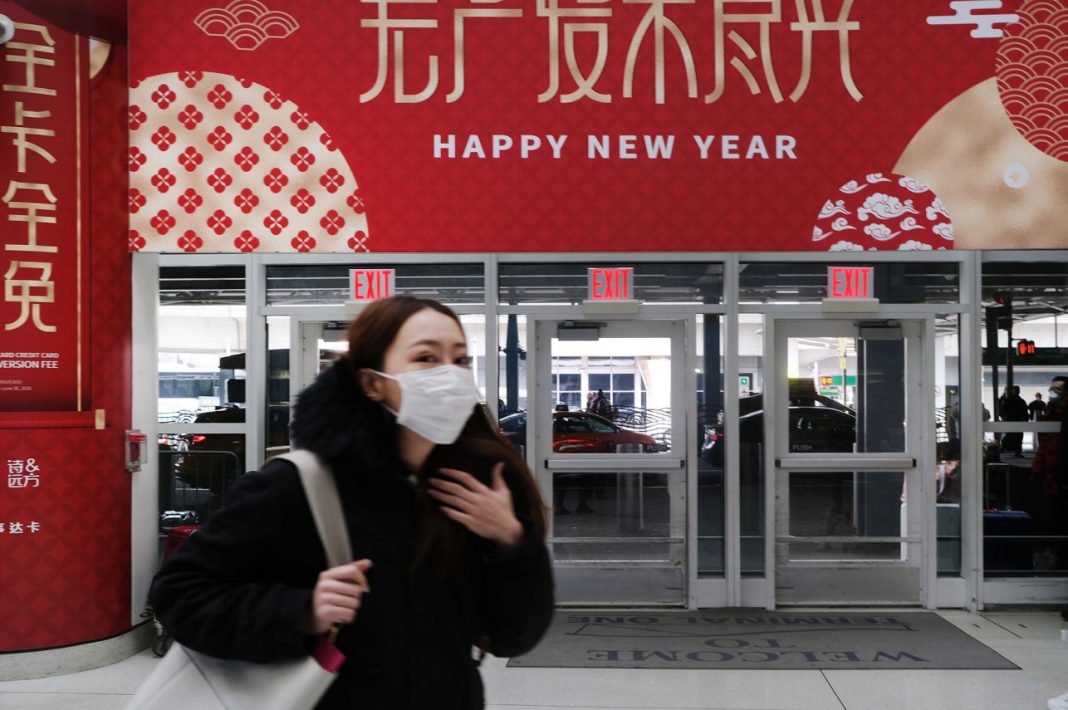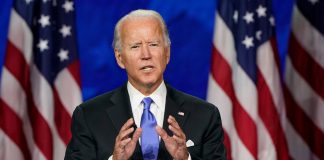“Do not let fear or panic decide your actions,” a Centers for Disease Control official urged Friday. Those are words of wisdom Americans would do well to remember now that Health and Human Services Secretary Alex Azar has declared coronavirus a public health emergency in the United States.
The CDC issued its first quarantine order in 50 years, ordering all passengers returning to the country on an evacuation flight from Wuhan, China, to stay put for 14 days. Then Azar announced all Americans returning from Hubei province will be subject to quarantine.
And foreign nationals, except immediate family of US citizens, who have traveled anywhere in China in the last two weeks will be banned from entry entirely. American, Delta, and United suspended all flights to China.
“We would rather be remembered for overreacting than underreacting,” the CDC official said. “If we take strong measures now, we may be able to blunt the impact of the virus on the United States.”
We’re pretty confident that the American public is good with this overreaction — even though there really is no reason to panic. You’re far more likely to die from the regular flu — which has already claimed 10,000 lives in the United States this season.
The West can handle the coronavirus outbreak. Open societies that put public health before politics deal far better with such threats than authoritarian regimes — as we saw with China’s botched handling of the 2002-’03 SARS epidemic, and its more marked failure this time ’round.
The mayor of Wuhan, whose market selling wild-animal meat seems to be the origin of the outbreak that began in December, said rules from Beijing kept him from giving citizens the full facts from the start. His administration hosted potluck banquets for 100,000 people just days before it revealed the outbreak was a real crisis. And the city’s top newspaper didn’t make coronavirus a front-page story for weeks after the first cases were confirmed.
Even now, Beijing’s misgovernment is causing problems: A World Health Organization team is on its way to Wuhan — but the dictatorship has blocked Taiwan, with all its medical expertise and crucial cultural knowledge, from all WHO activities. “The fact that Taiwan cannot participate in the World Health Organization creates a serious gap in the global health network, putting everyone, not just the Taiwanese people, at risk,” Andrew Yang of Taipei’s mission in New York told The Post. “If SARS and past disease epidemics have taught us anything, politics should not take precedence over health.”
Most important, Americans have reason to trust officials like Azar when he says, “The risk to the American public remains low at this time, and we are working to keep this risk low.”






























